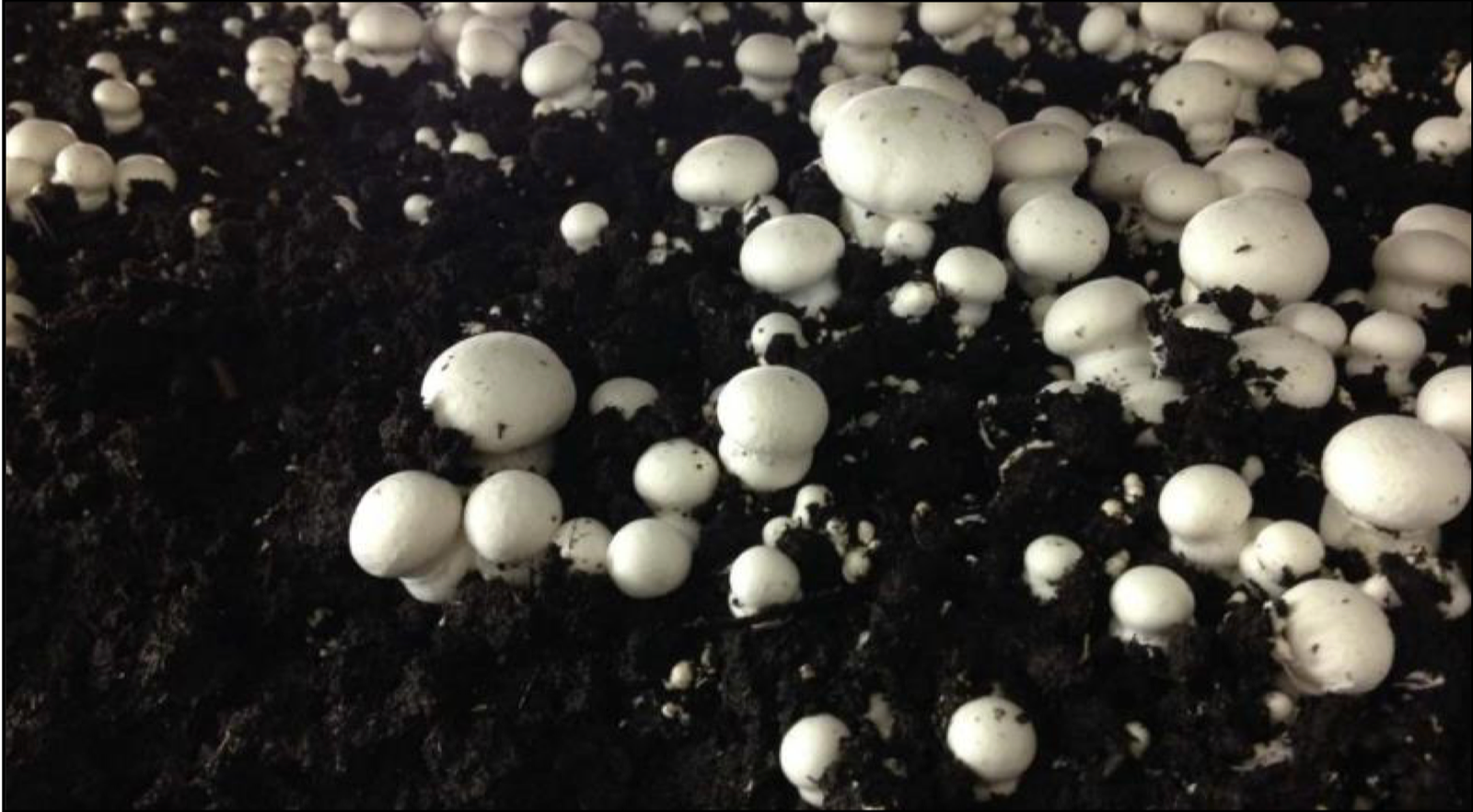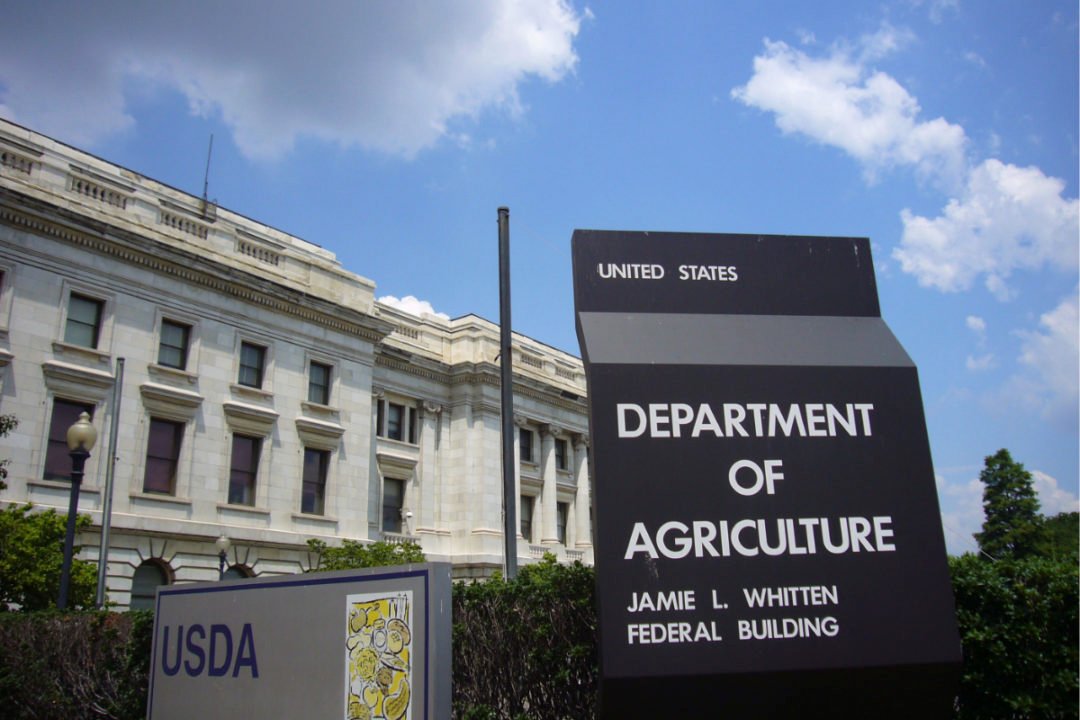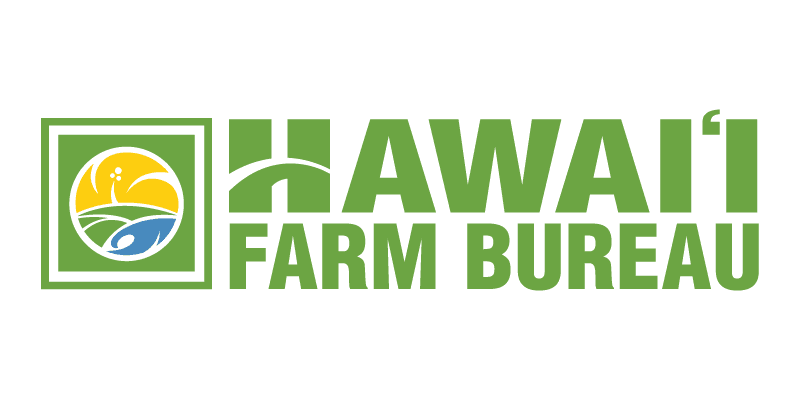Smart Yields is part of a new sustainable development initiative to establish the leading mushroom growing region of Kennett Township, Pennsylvania, as a Center of Excellence (COE) for Indoor Agriculture.
With a population of less than 10,000, this 16-square-mile area produces nearly half of the mushrooms available in the U.S. Smart Yields is among the companies working with Kennett growers to monitor key factors such as soil moisture. Mushrooms, like other indoor crops, are grown year round under tightly controlled conditions.
Smart Yields is working with farmers on adaptable indoor technology solutions under a new initiative in Kennett Township, Pennsylvania – one of the world’s leading mushroom-growing regions.
“Kennett is positioned at the forefront of developing technologies and methodologies to improve the way food is farmed in indoor environments worldwide,” said Vincent Kimura, CEO of Smart Yields. “This effort is part of our goal to establish meaningful and productive public-private partnerships that help reduce cost for farmers and enhance growing regions through shared data solutions.”
Kennett produces nearly 500 million pounds of mushrooms each year, relying largely on knowledge handed down over the 100-plus years since the industry was established. With the help of Smart Yields, Kennett farmers are now working to establish a more structured framework using detailed data analytics so farmers can grow with additional precision.
Michael Guttman, Director of Sustainable Development for Kennett Township, said Smart Yields technology is an important step in understanding the appropriate moisture level in the various mushroom substrates, or growing surfaces, that are used for mushroom varieties ranging from buttons to portobellos to specialty crops like shiitake.
Indoor growing controls include temperature, humidity and air flow, as well as nutrients. Smart Yields solutions are designed to work in coordination with existing production-focused sensor systems to provide enhanced data points and additional flexibility to address issues throughout the growing process. It is the first major use of Smart Yields monitoring in indoor growing conditions.







